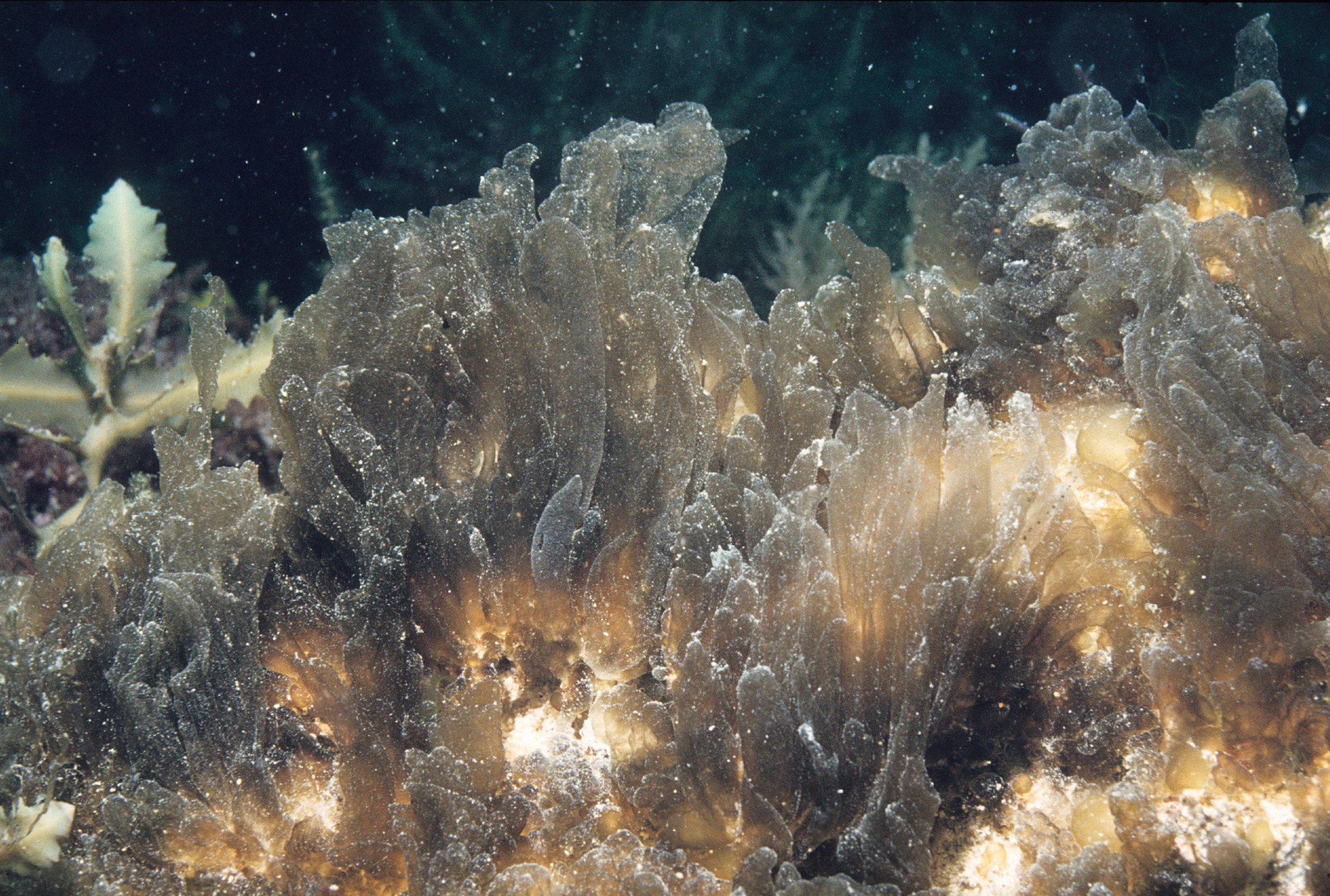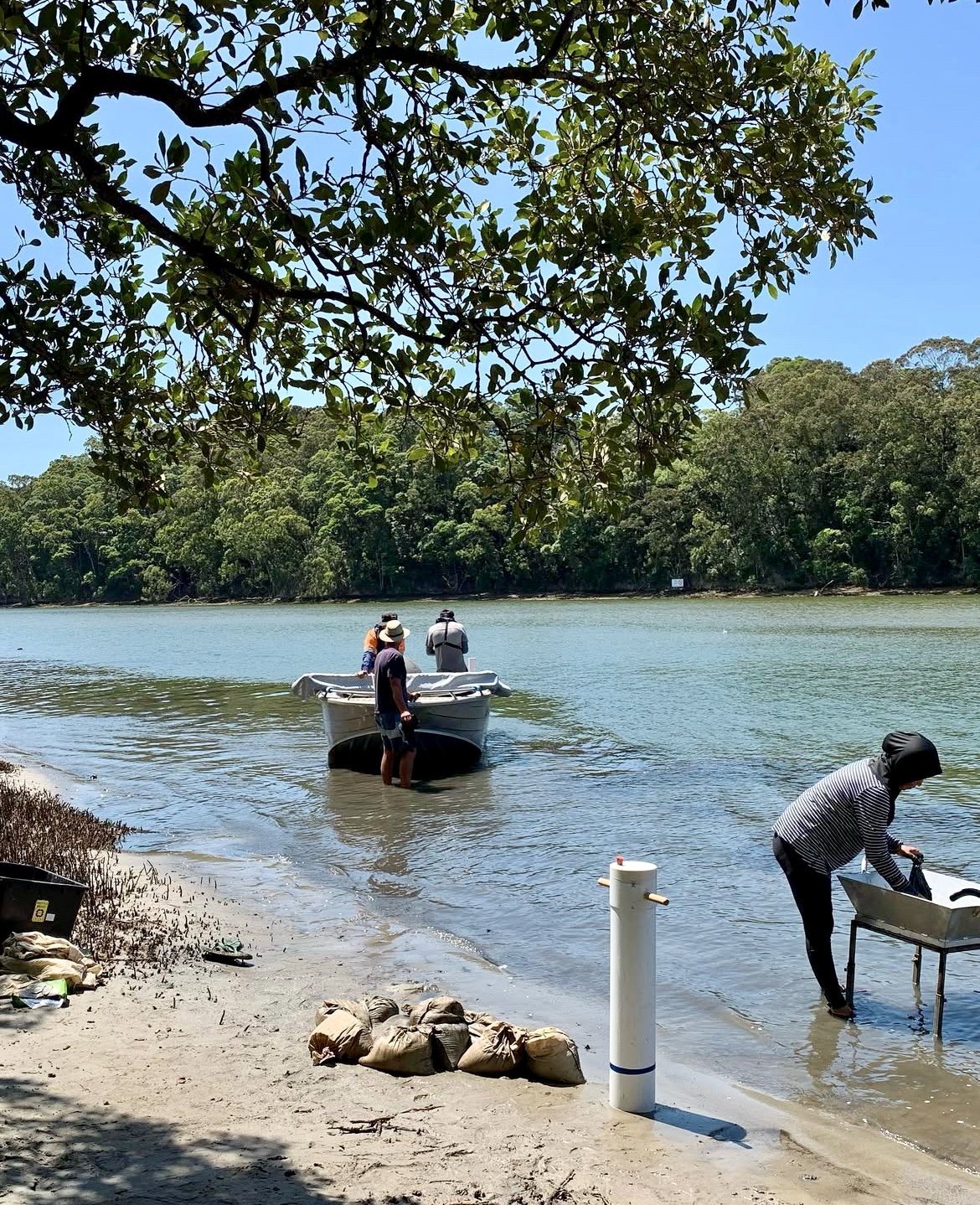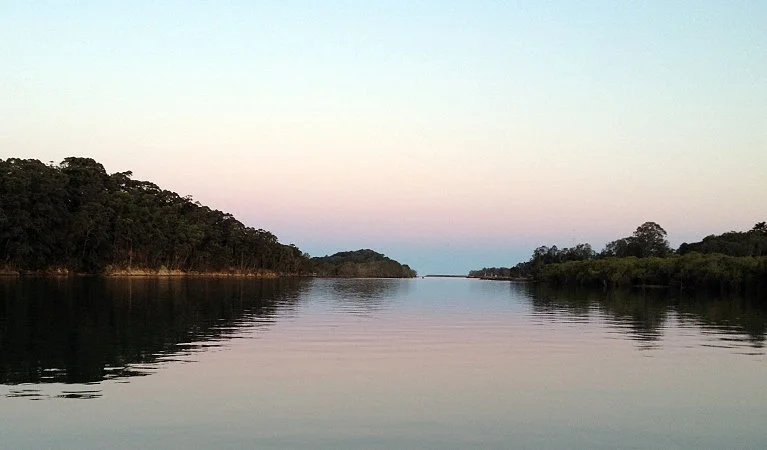
The Impact of Flooding on Vertebrate Ecology
Significant flooding events occurred in early 2022, particularly affecting the Northern Rivers region of NSW.
These floods inundated vast areas, leading to habitat destruction, the displacement of wildlife, and increased competition for limited resources. Many native animals were forced into unfamiliar environments, leading to increased mortality and stress.
Floods can drastically alter the structure of ecosystems. For instance, sedimentation from floods can smother benthic habitats, reducing oxygen levels and affecting species such as worms, cockles, and crabs. These species are vital for nutrient cycling and serve as food for higher trophic levels, including commercially important fish.
The Role of Research in Recovery
Southern Cross University (SCU) has been at the forefront of researching the ecological impacts of these floods. PhD candidate Muhammad Islami, under the supervision of Professor Kirsten Benkendorff, is studying how macrobenthic invertebrate populations have changed post-flood. Their research has revealed significant sediment accumulation in estuaries, leading to reduced oxygen levels and stress in invertebrate communities.
Species such as estuarine fish (e.g., mullet and bream), macrobenthic invertebrates (worms, molluscs, and crabs), and seabirds are integral to the food web. They play essential roles in nutrient cycling, sediment turnover, and keeping algal blooms in check. Disruption to these populations can lead to cascading ecological effects that impact not only estuaries but also the broader ocean ecosystem. Maintaining the health of these species is essential to preserve biodiversity, ensure sustainable fisheries, and uphold the ecological balance between land and sea.
Additionally, SCU's Living Lab Northern Rivers initiative collaborates with local communities to monitor water quality and ecosystem health, aiming to develop climate-resilient strategies for the region.
Why This Research Is Critical
Ecosystem Health: Understanding post-flood ecological dynamics helps in restoring habitats and maintaining biodiversity.
Climate Resilience: Insights from this research inform strategies to enhance ecosystem resilience against future climate-induced events.
Community Engagement: Collaborative research fosters community involvement in conservation efforts, ensuring sustainable outcomes.
.
Volunteering in Post-Flood Estuarine Research—A Rewarding Experience
Working alongside Southern Cross University and international PhD researchers on the impacts of flooding on estuarine vertebrates has been a truly fantastic and rewarding experience. Being directly involved in important ecological fieldwork has not only deepened my understanding of flood-induced environmental changes but has also strengthened my practical skills in marine science and oceanography.
From collecting samples in flood-affected zones, being chest deep in water, to observing the resilience and fragility of estuarine species, this hands-on opportunity has helped me connect classroom learning with real-world application. I’ve gained a deeper appreciation for the complex ecological relationships that underpin estuarine health and how critical it is to protect them in the face of climate change and extreme weather events.
This experience has been a powerful reminder of why I chose to work in this field. It continues to fuel my passion for marine science and inspires me to contribute meaningfully to the conservation of our coastal and ocean ecosystems.

